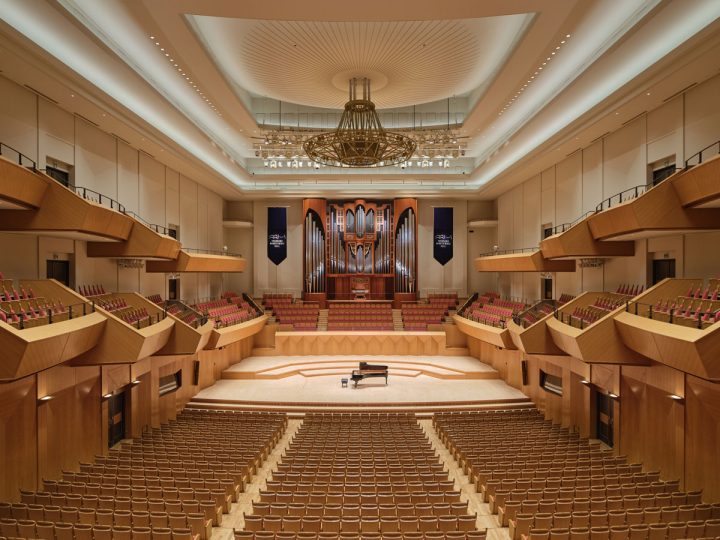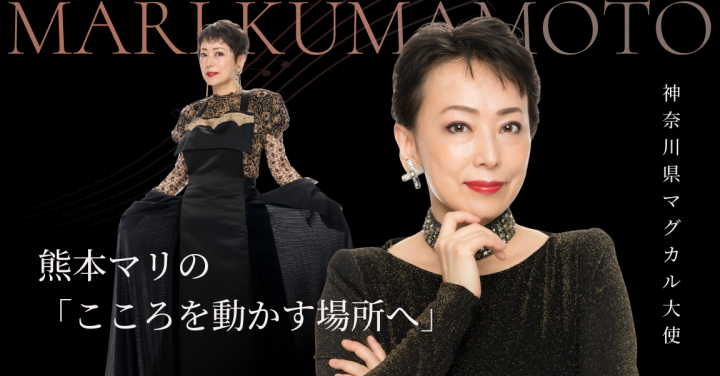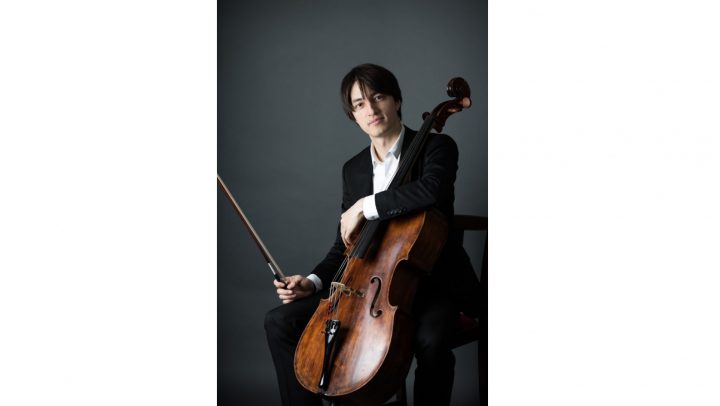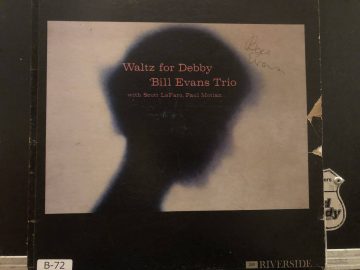Morning in Noge, Coffee, and Bill Evans
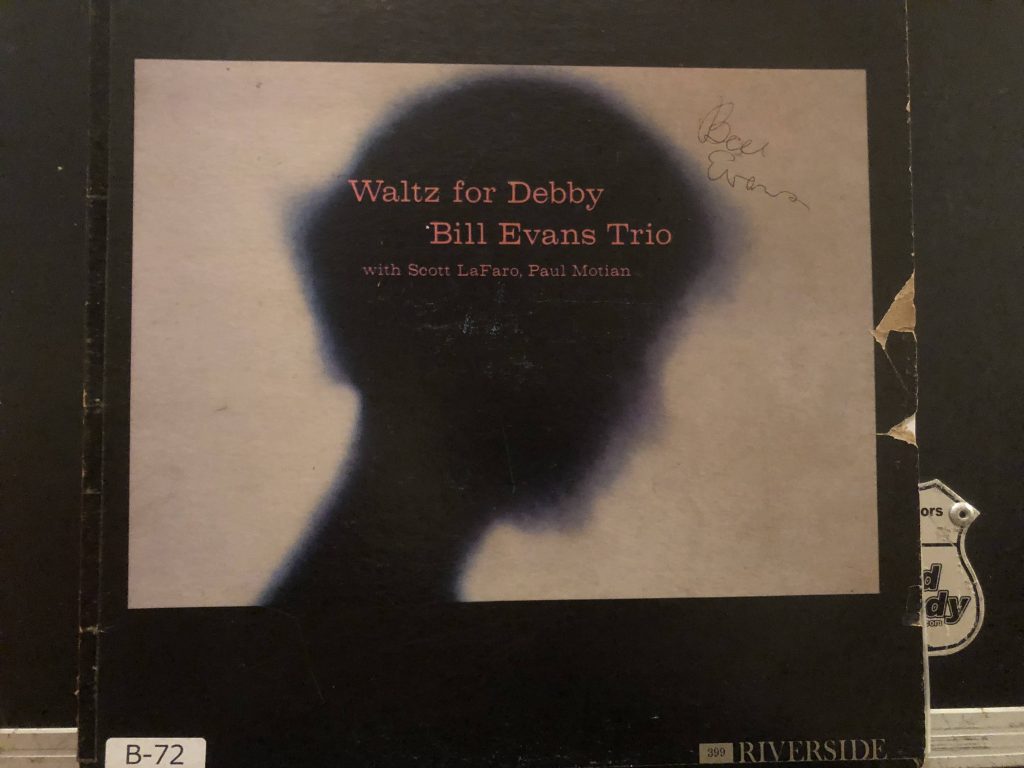
Immerse yourself in jazz again tonight
File.4 Bill Evans "Waltz for Debbie"
(Mayuko Niimura/Jazz Cafe Chigusa)
Chigusa's cafe opens at noon. Although it's possible to start preparations for opening as early as the afternoon, sometimes I go early in the morning to have the cafe all to myself.
It's been getting noticeably colder lately, and mornings in Noge have the smell of winter. The downtown area is cool and quiet, a stark contrast to last night's heat, and there are few people on the streets. Looking at the piles of empty sake bottles and towels waiting to be collected on the street, I mutter to myself as I brew coffee with the siphon, "Last night must have been a blast, too." The bubbling sound of the coffee rising into the glass funnel is soothing, so I don't put on a record yet. Once the siphon settles down and the aroma of coffee fills the shop, I turn on the stereo.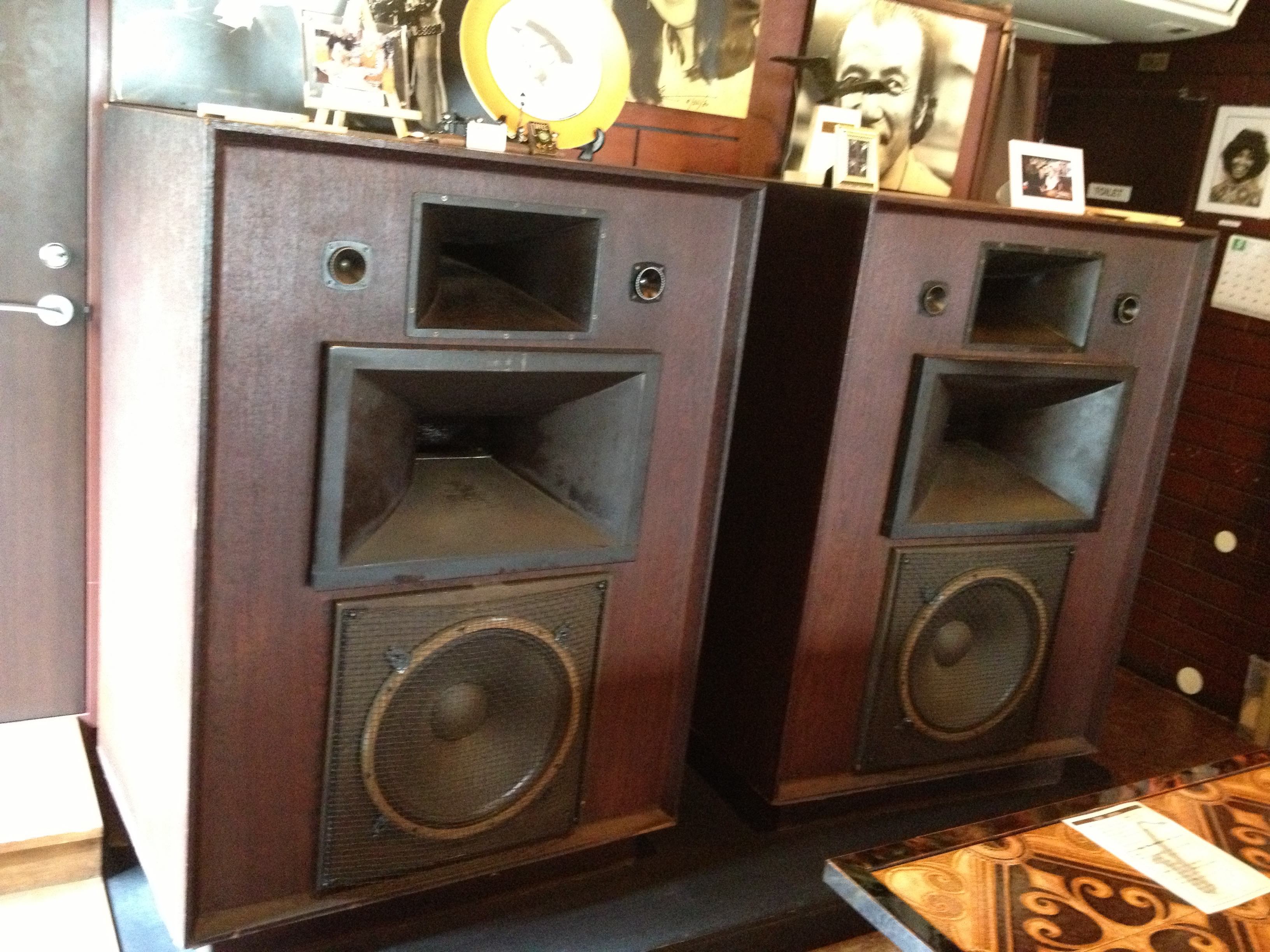 *An extra-large speaker installed inside the Chigusa store
*An extra-large speaker installed inside the Chigusa store
The first record he would play was always one featuring the piano. Mamoru Yoshida "Oyaji" loved the piano, especially Bill Evans' "Waltz for Debbie."
Chigusa's oversized speakers are designed to make the piano trio's sound clear. The emotional and delicate tone of the piano, especially the high notes, resonate beautifully, and the tweeters are in high spirits. Believing that it's in good condition today, I spur the 50-year-old speakers on, saying, "Yes, it sounds great!" When I listen to this song, I suddenly remember something.
When I was a student in the early 2000s, the number of jazz cafes had already dwindled, and they no longer had the momentum of the 1960s and 1970s that I had heard about through word of mouth. Still, a few stubborn establishments still lingered, playing jazz at high volumes in secluded, hole-in-the-wall establishments. While I myself didn't know the heyday of jazz cafes, I thought the underground atmosphere that ignored commercialism was cool, and frequented jazz cafes in Shibuya, Shinjuku, Jimbocho, and elsewhere that continued to operate without changing their unique style. At first, I didn't really understand the rules, and there were no song requests... Looking back, I'm astonished that I was able to open my doors under such circumstances.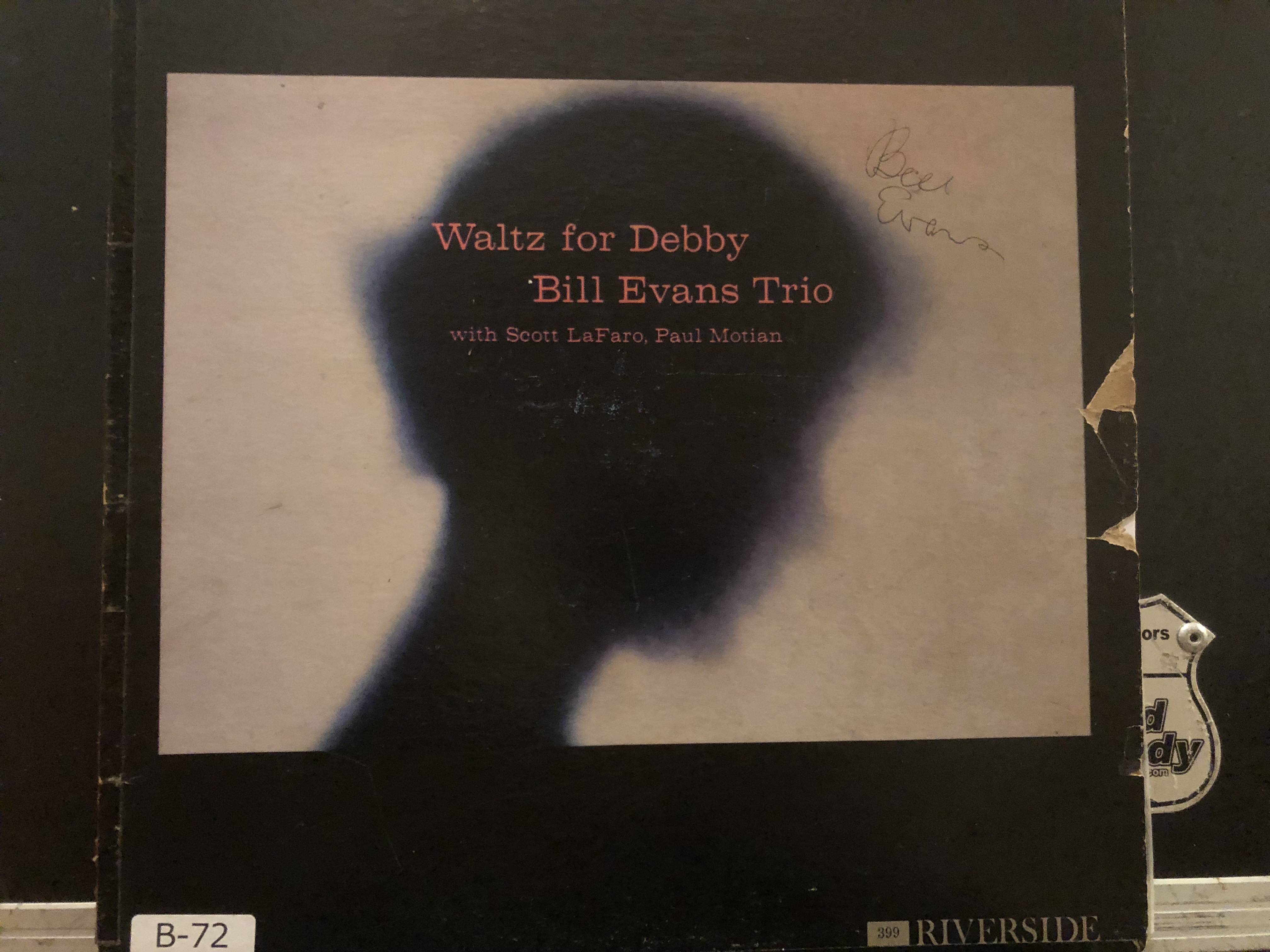
My first successful request was at JAZZ@GROOVE in Dogenzaka, Shibuya. The store played music at high volume on Altec speakers. The record was Bill Evans' "Waltz for Debbie," recorded in 1961 when Bill Evans' First Trio performed at the Village Vanguard in New York.
Incidentally, Evans participated in Miles Davis's "Kind of Blue" (released in 1959). It is the best-selling album in jazz history and a legendary album that established a new performance technique known as modal jazz. "Waltz for Debbie," recorded two years later as his first trio, was an album that earned him the number one spot on Swing Journal's Top 100 as a masterpiece in jazz history.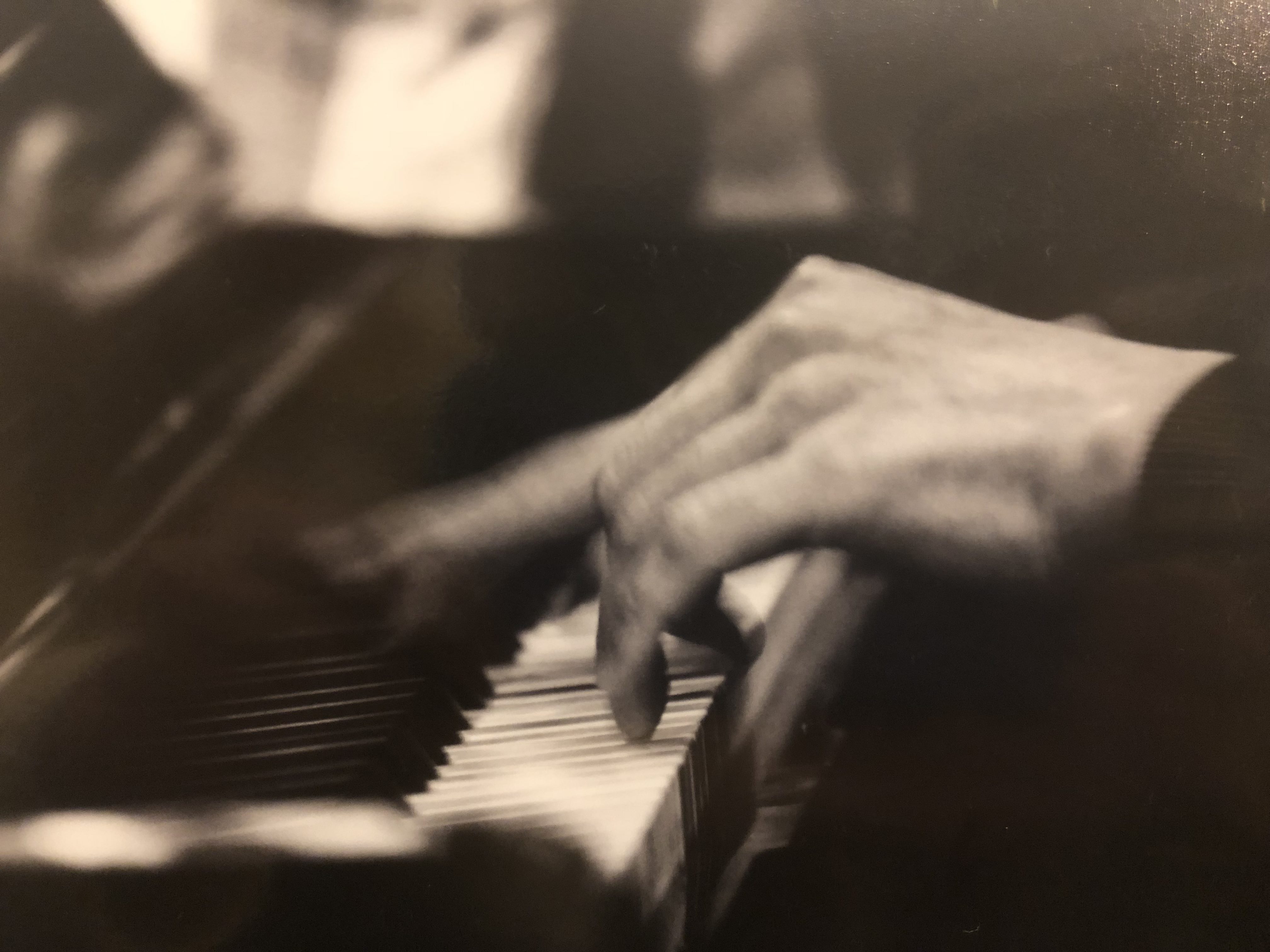
So, what would it be like to listen to such a masterpiece at high volume? I requested it with high expectations, but I was honestly a little taken aback by the intense sound that hit me throughout my body. The album has a cold impression with high-pitched melodies throughout, and the already tense sound only made the atmosphere in the store even more tense. I had no choice but to follow the crowd's example and listen with a frown on my face.
However, the wrinkles on my brow softened a little with the second track, "Waltz for Debbie," which also serves as the album's title. This song, written to celebrate his niece Debbie's third birthday, has a joyous and beautiful, clear sound like droplets of water bouncing on the surface of water. I imagined a scene of an adorable three-year-old girl dancing innocently to a waltz composed by her uncle, and it lightened my heart a little.
There were three songs on one side, and it was about 20 minutes long, but the tension caused by the first request and the cold melody of the loud piano, and then the slight relaxation...it felt really long.
Before I knew it, I stopped going to jazz cafes, and JAZZ@GROOVE closed down. I was so busy with my daily life that I got used to cafes that served delicious coffee quickly, and I no longer had the time to enjoy the music at jazz cafes. But life is interesting, and before I knew it, I ended up in Noge, working as a staff member at Chigusa. I never dreamed that the day would come when I would be behind the counter of a long-established jazz cafe.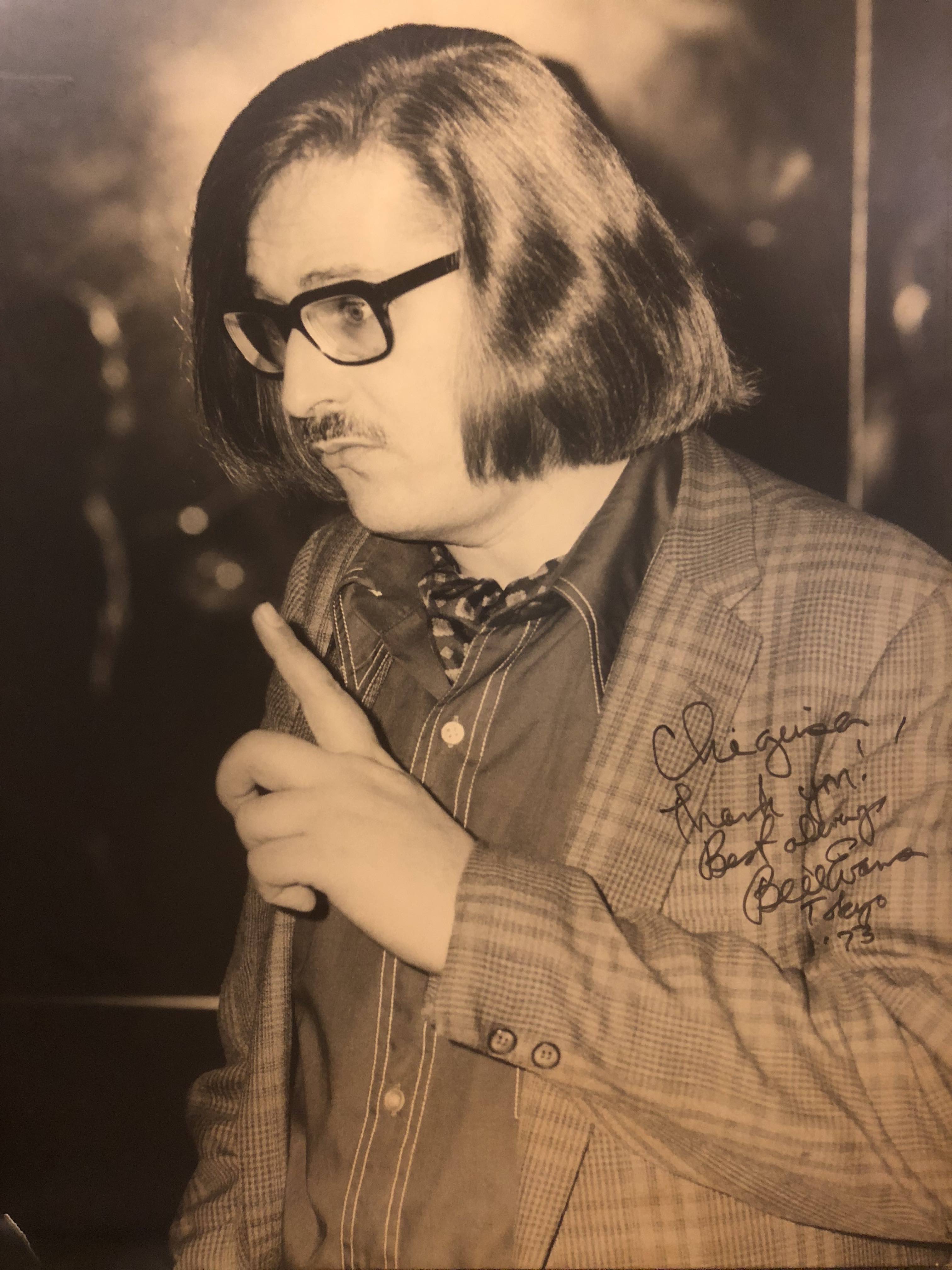
*Evans autographed portrait
I came to Chigusa a little earlier than usual this morning to listen to "Waltz for Debby." The song that once seemed cold to me now sounds warm and affectionate, invigorating the sound equipment that makes Chigusa so profitable. While I wouldn't go so far as to say it's traumatic, I still find myself a little tense when I hear the opening. Not as tense as when I used to go to jazz cafes, trying to act cool.
As I reminisce about this and that, the morning in Noge passes slowly. It's almost time for the shop to open and for the regular customers to arrive.
